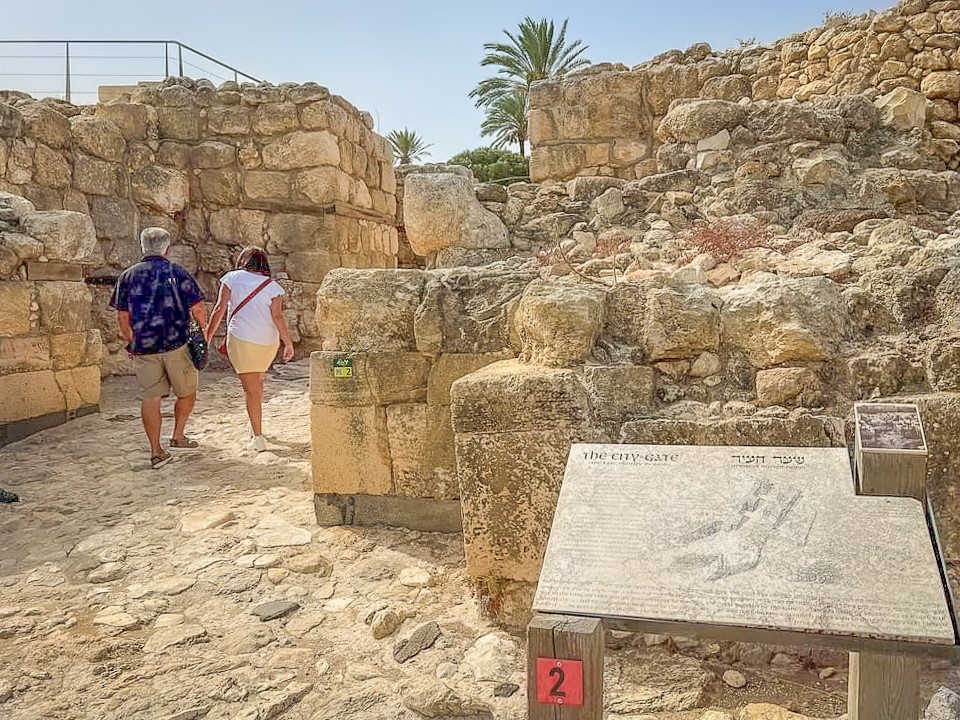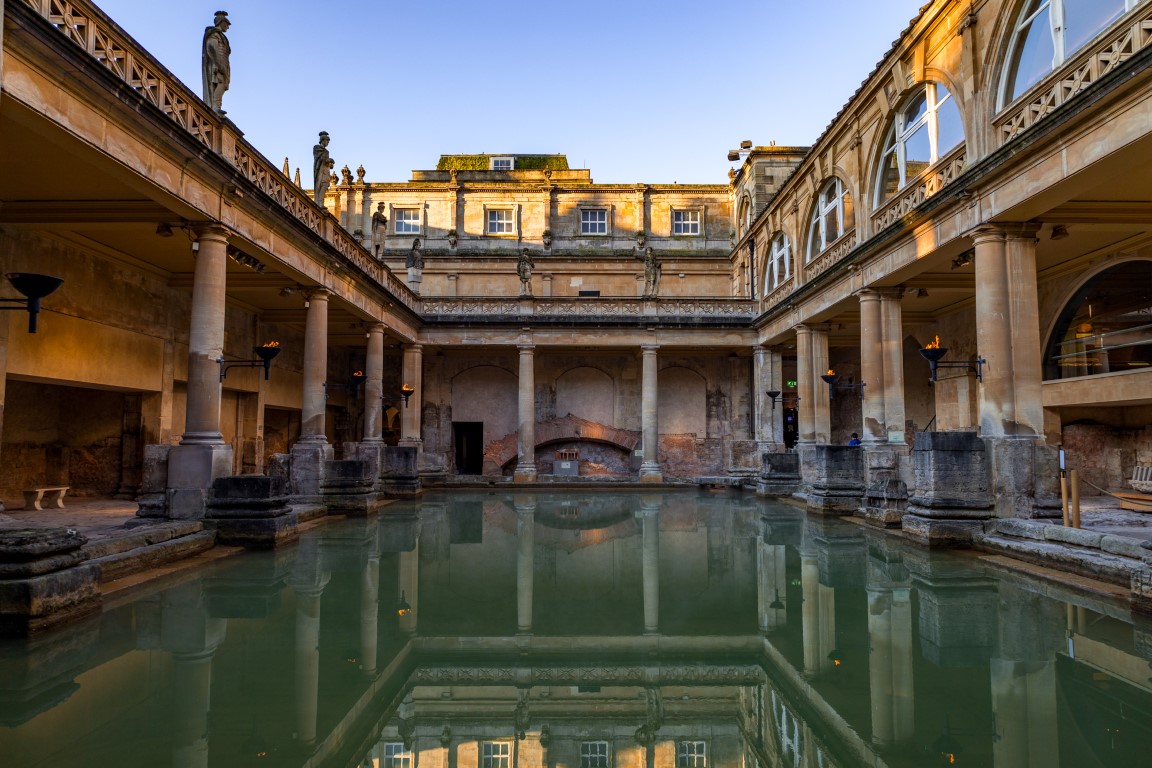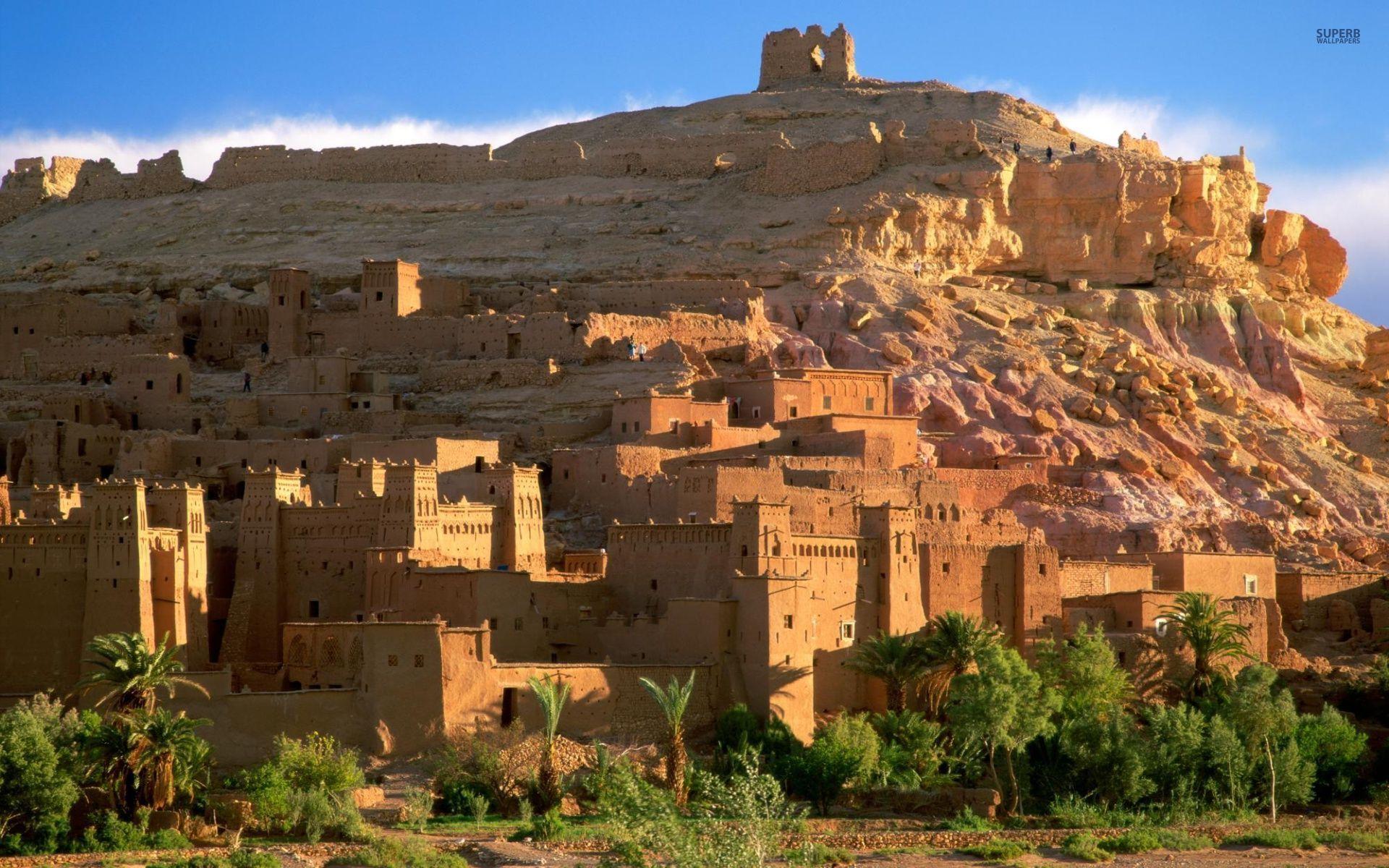Israel is a land that constantly defies expectations. Though modest in size on the world map, its contributions to science, culture, and technology have left an enormous mark on humanity. Nestled at the crossroads of three continents, this small but astonishing country blends ancient history with cutting-edge innovation. It’s a place where sacred cities stand beside modern skyscrapers, and where the desert itself blooms thanks to human ingenuity.
Much more than the arid landscapes and stereotypes that people often associate with the Middle East, Israel is a kaleidoscope of contrasts — deeply spiritual yet fiercely modern, rooted in tradition yet driven by progress. From pioneering inventions that shaped global communication to culinary and cultural phenomena, there’s no shortage of fascinating details about this extraordinary nation. Let’s dive into some remarkable facts you may not know about Israel.
1. The Dead Sea: The Lowest Point on Earth
The Dead Sea, one of Israel’s most iconic landmarks, holds the title of the lowest place on Earth, resting about 1,315 feet (roughly 430 meters) below sea level. Its surreal beauty and remarkable buoyancy make it an experience like no other — no swimming skills required. The dense salt concentration keeps you effortlessly afloat, letting you recline on the water’s surface as if resting on a liquid cushion.
The surrounding mineral-rich mud is famous worldwide for its healing and cosmetic properties, attracting visitors seeking therapeutic treatments. People travel here from all over to cover themselves in the dark, silky mud before rinsing off in the shimmering water — an ancient ritual that has become a symbol of relaxation and rejuvenation. The surrounding cliffs of Moab and Judea add an ethereal backdrop to this tranquil wonder, making the Dead Sea not just a natural marvel, but a living spa in the middle of the desert.
2. Israel’s Engineers Built the Foundation of the Modern Cell Phone
Before smartphones became an extension of human life, Israeli engineers were already shaping the technology behind them. At the Motorola Israel R&D Center, developers designed the original cell phone technology that would later evolve into the global communications network we depend on today.
Their pioneering work laid the foundation for the wireless revolution. The culture of innovation in Israel — marked by persistence, collaboration, and a knack for problem-solving — continues to propel the tech industry forward. Today, Israel is often nicknamed “The Start-Up Nation” for good reason: so many of the world’s most transformative technologies trace their origins back to this small but mighty hub of invention.
3. Even the Glue on Israel’s Stamps Is Kosher
When it comes to details, Israel doesn’t overlook even the smallest aspects of daily life. The postage stamps issued in the country use kosher glue, ensuring that observant citizens can handle them in accordance with Jewish dietary laws.
This meticulous attention to tradition in such unexpected places illustrates Israel’s commitment to blending modern functionality with cultural and religious sensitivity. Even something as simple as mailing a letter becomes a quiet expression of respect for heritage — a small but telling glimpse into how deeply faith and daily life intertwine here.
4. A Treasure Chest of Archaeological Wonders
For history enthusiasts, Israel is a dream come true. The country is home to thousands upon thousands of archaeological sites, each layer of soil revealing new stories from civilizations past. In Jerusalem alone, there are around 2,000 registered sites, ranging from ancient temples to city walls that have seen centuries of change.
Visitors can even take part in archaeological projects like the City of David Sifting Project, where ordinary tourists can sift through ancient debris and sometimes uncover artifacts from biblical times. Coins, pottery, jewelry, and ancient tools continue to emerge from the earth — a reminder that in Israel, the past is never buried too deeply.
5. The Land of Museums
Considering its size, Israel’s dedication to knowledge and art is nothing short of extraordinary. The country boasts the most museums per capita in the world, housing everything from world-renowned cultural treasures to highly specific niche collections.
Jerusalem’s Israel Museum is one of the most significant cultural institutions in the Middle East, featuring the Dead Sea Scrolls and an incredible collection of archaeological and artistic pieces. Meanwhile, smaller museums throughout the country explore topics as diverse as puppetry, music, science, and even local crafts. The sheer number of these museums speaks volumes about Israel’s love of learning and its drive to preserve stories, ideas, and human creativity.
6. Eilat: A Free-Trade Paradise by the Red Sea
Down at Israel’s southernmost tip lies Eilat, a sun-drenched port city where the desert meets the sea. Declared a Free Trade Zone, Eilat allows visitors to shop tax-free, making it a magnet for tourists looking for both adventure and bargains.
But there’s far more to Eilat than shopping. It’s a city bursting with energy — where snorkeling, scuba diving, and windsurfing are part of daily life. The coral reefs here are among the most vibrant in the world, filled with tropical fish and shimmering marine life. For those who prefer staying dry, the Underwater Observatory Marine Park lets you admire the sea from within glass tunnels beneath the waves.
Eilat also offers a unique desert-meets-ocean scenery that feels almost cinematic. It’s not just a resort — it’s an experience that blends nature, relaxation, and freedom in one breathtaking setting.
7. A Nation That Plays in Harmony
Music runs deep in Israel’s cultural veins. The country has more orchestras per capita than anywhere else on Earth — an astounding fact that reflects its love of the arts and the intellect. From the internationally celebrated Israel Philharmonic Orchestra to community ensembles, music is seen as both education and inspiration.
Classical concerts, youth orchestras, and open-air performances are part of everyday life, echoing through cities from Tel Aviv to Beersheba. It’s often said that classical music sharpens the mind, and perhaps this explains why Israel continues to excel in so many academic and technological fields — where creativity, focus, and discipline converge.
8. The Start-Up Nation of the Middle East
It’s no secret that Israel’s entrepreneurial ecosystem is legendary. With the highest number of start-ups per capita in the world and ranking third globally in venture capital availability, this small nation has become a powerhouse of innovation.
From the early breakthroughs in mobile communication to recent advances in artificial intelligence, biotechnology, and clean energy, Israel continues to punch far above its weight. The country’s risk-taking spirit, combined with its strong academic institutions and a supportive government, has turned it into one of the world’s most fertile grounds for high-tech innovation. In short, Israel doesn’t just adapt to the future — it invents it.
9. Bathing in Roman Grandeur
While Israel is known for its modern marvels, its ancient luxuries haven’t been forgotten either. The Hamat Gader site, located in the country’s north, houses the second-largest bath complex of the entire Roman Empire — a relic of grandeur that’s more than 2,000 years old.
Today, this area continues to serve as a spa destination where visitors can soak in mineral-rich hot springs just as Roman soldiers and nobles once did. Surrounded by lush greenery and ruins of arches and columns, it’s an enchanting mix of antiquity and indulgence — an experience that brings history to life through warmth, water, and relaxation.
10. A Land of Vineyards and Fine Wines
Israel’s winemaking tradition stretches back to biblical times, and today, it thrives with renewed sophistication. There are about 35 commercial wineries and 250 boutique wineries spread across the country, from the rolling hills of Galilee to the desert vineyards of the Negev.
Visitors can tour renowned vineyards such as Carmel, Tishbi, and Tepperberg, learning about the winemaking process from grape to glass. Tastings often take place in rustic cellars or overlooking scenic valleys, offering a blend of history, craftsmanship, and hospitality. It’s yet another example of how Israel transforms ancient practices into modern pleasures.
11. A Nation of Beaches and Paddleball
With 137 beaches along its coastlines, Israel is a sun-soaked haven for sea lovers. Whether on the Mediterranean shores, the Red Sea in Eilat, or the Sea of Galilee in the north, the rhythm of beach life is woven into Israeli culture.
And where there’s sand, there’s matkot — a beloved paddleball game that’s become almost a national pastime. Played without a net and without scoring, matkot is all about rhythm, energy, and shared fun. On any given summer day, the sound of wooden paddles striking rubber balls echoes across the beaches, mingling with laughter and waves.
12. Currency Designed for Everyone
Inclusivity is a core principle in Israeli society, and that extends even to its currency. Every Israeli banknote includes braille markings, allowing people who are blind or visually impaired to distinguish between denominations easily.
It’s a thoughtful design choice that reflects Israel’s broader focus on accessibility — ensuring that every citizen, regardless of ability, can engage independently with the everyday world.
13. A Theater That Breaks All Boundaries
In Jaffa, a historic district near Tel Aviv, there exists an artistic marvel unlike any other — a theater troupe composed entirely of deaf and blind actors. The group, called NaLaga’at (meaning “Please Touch” in Hebrew), offers performances that redefine what theater can be.
Before the curtain rises, visitors often dine at the NaLaga’at Café, where they experience a meal served entirely in darkness by blind waiters. The experience challenges one’s senses and perceptions, encouraging empathy and awareness. Watching the actors perform, communicating through movement and intuition, reminds audiences that expression transcends sight and sound.
14. The Cherry Tomato: A Sweet Israeli Invention
That little red burst of flavor found in salads around the world has Israeli roots. The cherry tomato — a staple of kitchens and gardens everywhere — was first cultivated and popularized by Israeli scientists in the 1970s. Researchers at the Hebrew University of Jerusalem engineered the fruit to have a longer shelf life and a sweeter taste, revolutionizing the way people enjoyed tomatoes.
It’s a perfect example of Israel’s knack for improving everyday life through innovation. What began as a scientific experiment ended up shaping global cuisine — one bite-sized breakthrough at a time.
More Fun Facts About Israel
• Israel is the only nation on Earth with more trees today than it had 50 years ago, thanks to massive reforestation efforts.
• The country has the world’s only underwater museum, in addition to holding the record for the most museums per capita.
• Voicemail technology was developed in Israel.
• The IDF (Israel Defense Forces) is world-renowned for its humanitarian missions, providing disaster relief across the globe — from earthquakes in Mexico and India to rescue operations in Kenya and the U.S.
• Life expectancy in Israel ranks among the highest globally, averaging around 82 years.
• Starbucks failed in Israel — not because of lack of coffee drinkers, but because local cafés were simply too good and too beloved.
• On a per-capita basis, Israel produces more scientific papers than any other nation.
• The concept of free public bus-stop mini-libraries started in Israel in 2011 and has since inspired similar projects worldwide.
• The first cherry tomato was developed by two professors at Jerusalem’s Hebrew University.
• Beersheba, a city in Israel’s Negev Desert, has the most chess grandmasters per capita in the world.
• In 2012, Israel became the first country to ban underweight models from fashion shows.
• Israeli start-ups created Babysense, a device that prevents crib death by tracking an infant’s breathing and movement during sleep.
• Israel holds the world’s highest rate of university degrees per capita.
• The Mount of Olives in Jerusalem is recognized as the oldest continuously used cemetery on Earth.
• Two Israeli scientists at Tel Aviv University invented the “Anti-Date Rape Straw,” which detects dangerous drugs in drinks.
• An Israeli company created the first ingestible video camera, allowing doctors to diagnose digestive disorders and cancers safely.
• Israel performs more in-vitro fertilizations per capita than any other country — and offers the treatment for free.
• The globally used Waze navigation app was developed in Israel and later purchased by Google for about $1.3 billion.
• On flights operated by El Al, Israel’s national airline, it’s customary for passengers to applaud the pilots upon landing at Ben Gurion Airport.
• Despite facing regional challenges, Israelis consistently rank among the happiest people in the developed world.













